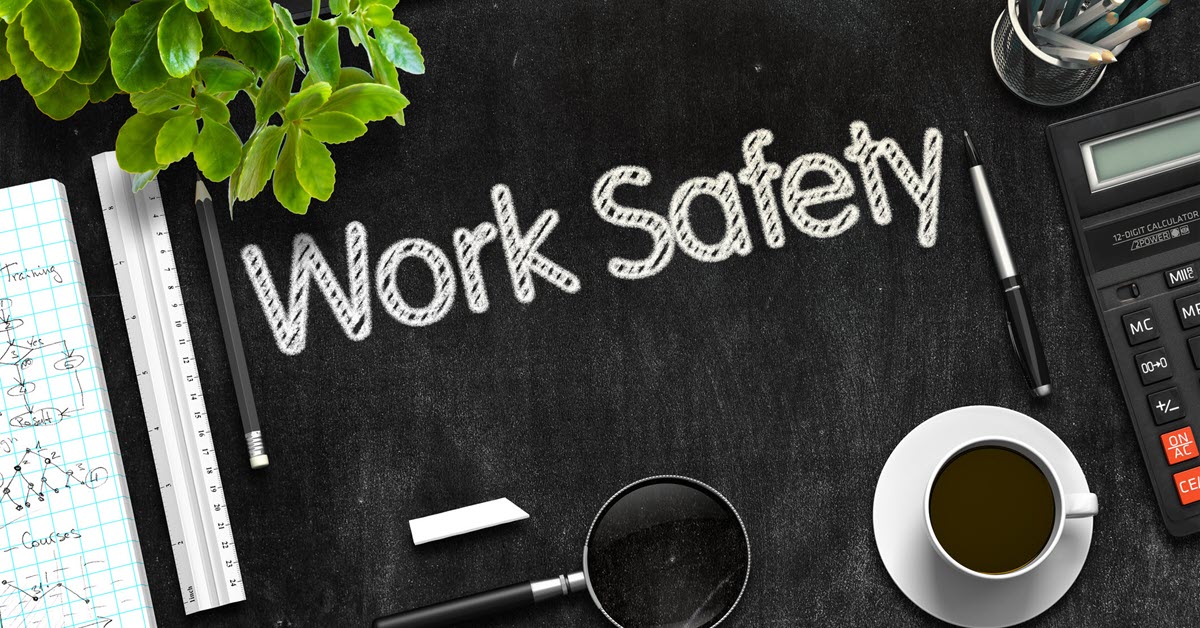
REALTOR® safety is an important topic of discussion any time of year, especially since agents spend much of their time with the general public. In honor of Safety Month, Old Republic Home Protection has compiled the following strategies to help keep you out of harm’s way.
As a real estate agent, you are your brand. So it can be hard to separate your personal and business identities in your marketing efforts. Only use your office address and business phone number in your advertising. Meeting with strangers can also put you at risk. Don’t offer too much personal information about yourself to prospects. Ask all prospective clients to come to your office for your initial meeting before you visit any property with them. When you meet, make a copy of their driver’s license to place on file and ask them to fill out a Prospect Identification Form. If/when you do meet clients at a property, make sure your colleagues know where you are and with whom you’re meeting.
Picture this: your internal alarm bells go off when you first meet a potential client. Something about them just seems weird to you. Do you trust your gut or ignore it? The human body is hardwired to pick up on signals when a person or situation seems a little off. Sure, your gut feeling might be wrong, but the price of doing business with a shady character far outweighs the cost of losing a client. Always remember, you don’t have to work with someone who gives you the heebie-jeebies.
Always ensure your cell phone is charged and operational. This may seem like a no-brainer since our business activities are so closely tied to our cell phones these days, but we’ve all had our phone die between texting the family and emailing clients all day. Keep a charger in your car, and consider carrying an external battery that can charge your phone in your pocket or purse. When showing properties, make sure you always have adequate cell reception in all areas. As an extra measure of caution, add the phone numbers of local emergency response agencies to your contacts. 911 calls from mobile phones are usually routed to Public Safety Answering Points (PSAPs) and then transferred to the nearest responders. Sometimes PSAPs answer emergency calls for their entire state, which could slow down response time considerably. In some places, emergency call takers still rely on the caller's descriptions to locate and dispatch help. If you are ever in a situation that requires dialing 911 from a cell phone, immediately give the call taker details of your location and give them your number in case the call is disconnected.
Want more safety tips? Click here for many great resources from the National Association of REALTORS®.